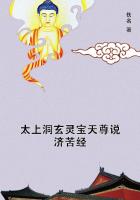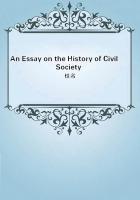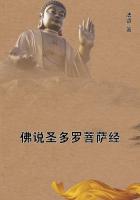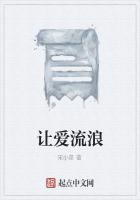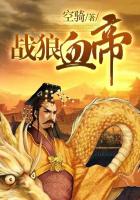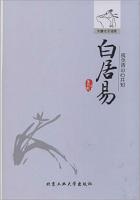35. The measure of property Nature well set, by the extent of men's labour and the conveniency of life. No man's labour could subdue or appropriate all, nor could his enjoyment consume more than a small part; so that it was impossible for any man, this way, to entrench upon the right of another or acquire to himself a property to the prejudice of his neighbour, who would still have room for as good and as large a possession (after the other had taken out his) as before it was appropriated. Which measure did confine every man's possession to a very moderate proportion, and such as he might appropriate to himself without injury to anybody in the first ages of the world, when men were more in danger to be lost, by wandering from their company, in the then vast wilderness of the earth than to be straitened for want of room to plant in.
36. The same measure may be allowed still, without prejudice to anybody, full as the world seems. For, supposing a man or family, in the state they were at first, peopling of the world by the children of Adam or Noah, let him plant in some inland vacant places of America.
We shall find that the possessions he could make himself, upon the measures we have given, would not be very large, nor, even to this day, prejudice the rest of mankind or give them reason to complain or think themselves injured by this man's encroachment, though the race of men have now spread themselves to all the corners of the world, and do infinitely exceed the small number was at the beginning.
Nay, the extent of ground is of so little value without labour that I have heard it affirmed that in Spain itself a man may be permitted to plough, sow, and reap, without being disturbed, upon land he has no other title to, but only his making use of it. But, on the contrary, the inhabitants think themselves beholden to him who, by his industry on neglected, and consequently waste land, has increased the stock of corn, which they wanted. But be this as it will, which I lay no stress on, this I dare boldly affirm, that the same rule of propriety- viz., that every man should have as much as he could make use of, would hold still in the world, without straitening anybody, since there is land enough in the world to suffice double the inhabitants, had not the invention of money, and the tacit agreement of men to put a value on it, introduced (by consent) larger possessions and a right to them; which, how it has done, I shall by and by show more at large.
37. This is certain, that in the beginning, before the desire of having more than men needed had altered the intrinsic value of things, which depends only on their usefulness to the life of man, or had agreed that a little piece of yellow metal, which would keep without wasting or decay, should be worth a great piece of flesh or a whole heap of corn, though men had a right to appropriate by their labour, each one to himself, as much of the things of Nature as he could use, yet this could not be much, nor to the prejudice of others, where the same plenty was still left, to those who would use the same industry.
Before the appropriation of land, he who gathered as much of the wild fruit, killed, caught, or tamed as many of the beasts as he could- he that so employed his pains about any of the spontaneous products of Nature as any way to alter them from the state Nature put them in, by placing any of his labour on them, did thereby acquire a propriety in them; but if they perished in his possession without their due use- if the fruits rotted or the venison putrefied before he could spend it, he offended against the common law of Nature, and was liable to be punished: he invaded his neighbour's share, for he had no right farther than his use called for any of them, and they might serve to afford him conveniencies of life.
38. The same measures governed the possession of land, too.
Whatsoever he tilled and reaped, laid up and made use of before it spoiled, that was his peculiar right; whatsoever he enclosed, and could feed and make use of, the cattle and product was also his. But if either the grass of his enclosure rotted on the ground, or the fruit of his planting perished without gathering and laying up, this part of the earth, notwithstanding his enclosure, was still to be looked on as waste, and might be the possession of any other. Thus, at the beginning, Cain might take as much ground as he could till and make it his own land, and yet leave enough to Abel's sheep to feed on: a few acres would serve for both their possessions. But as families increased and industry enlarged their stocks, their possessions enlarged with the need of them; but yet it was commonly without any fixed property in the ground they made use of till they incorporated, settled themselves together, and built cities, and then, by consent, they came in time to set out the bounds of their distinct territories and agree on limits between them and their neighbours, and by laws within themselves settled the properties of those of the same society. For we see that in that part of the world which was first inhabited, and therefore like to be best peopled, even as low down as Abraham's time, they wandered with their flocks and their herds, which was their substance, freely up and down- and this Abraham did in a country where he was a stranger; whence it is plain that, at least, a great part of the land lay in common, that the inhabitants valued it not, nor claimed property in any more than they made use of; but when there was not room enough in the same place for their herds to feed together, they, by consent, as Abraham and Lot did (Gen. xiii. 5), separated and enlarged their pasture where it best liked them. And for the same reason, Esau went from his father and his brother, and planted in Mount Seir (Gen. 36. 6).

